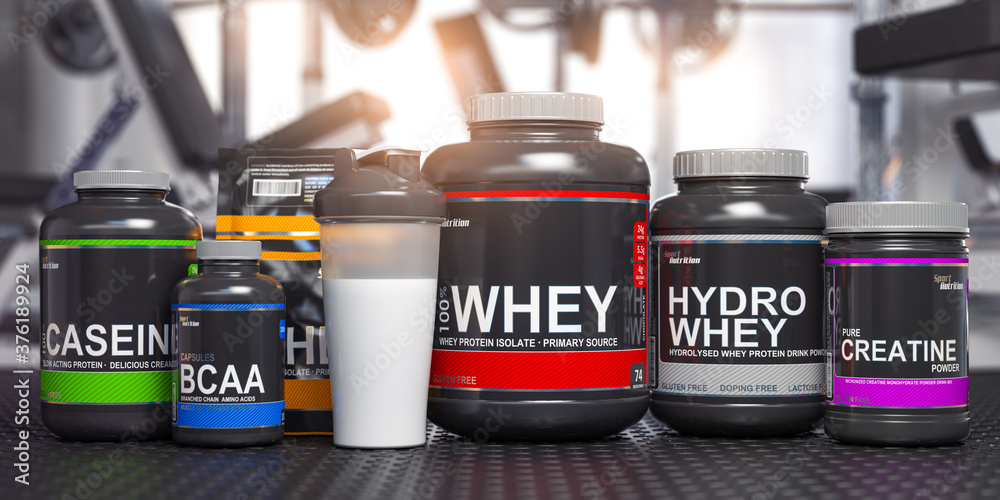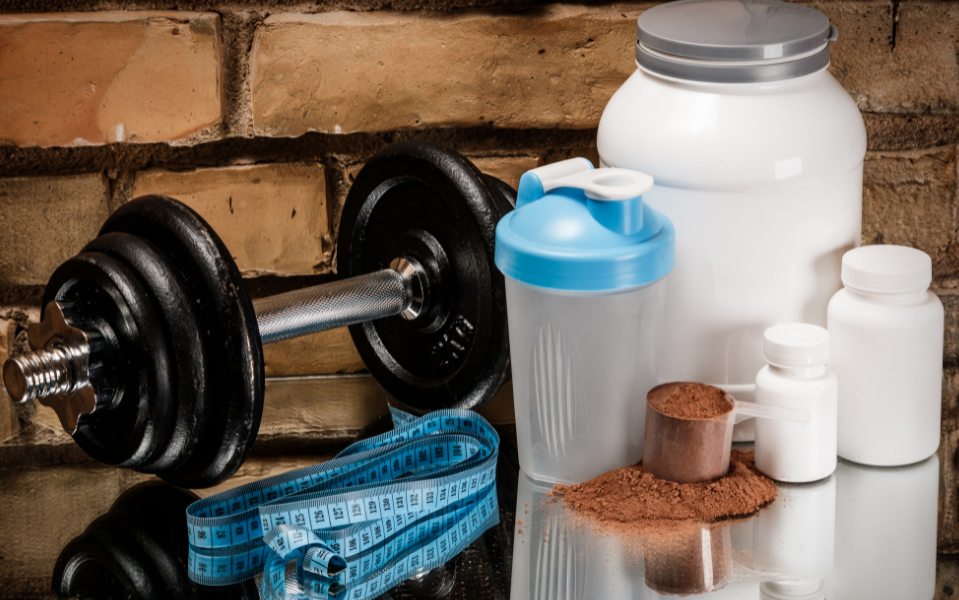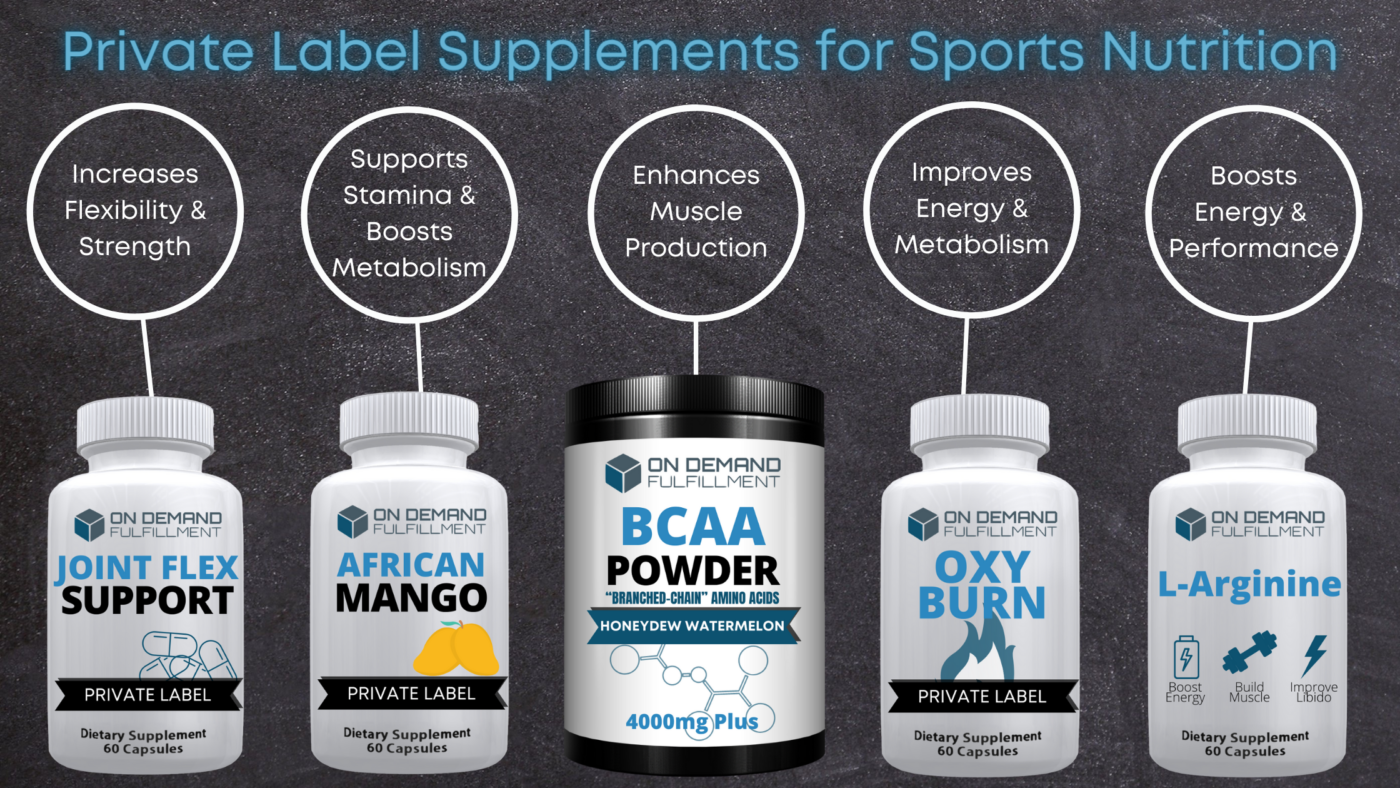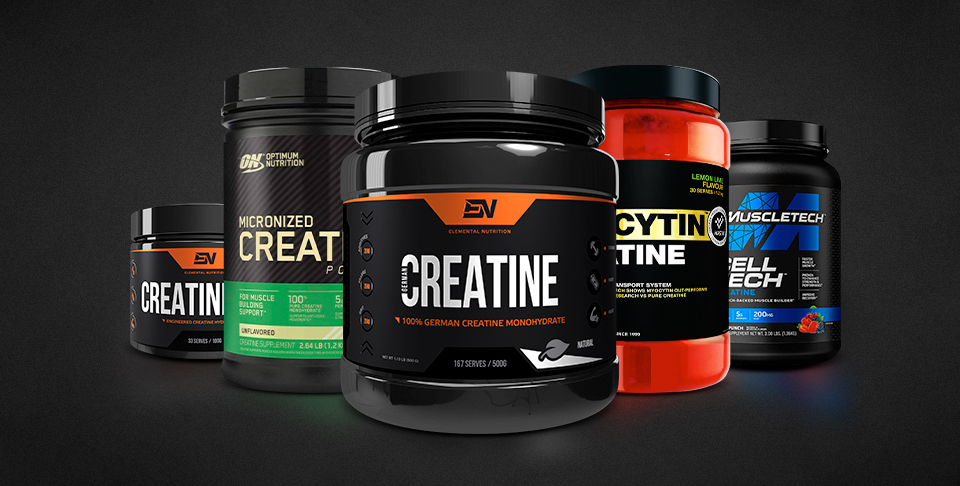What Type Of Supplement Can Improve Exercise Performance And Capacity

For athletes and fitness enthusiasts seeking an edge, the world of supplements can be both promising and perplexing. Amidst a sea of products claiming to boost performance, creatine monohydrate stands out as one of the most scientifically validated and widely used options. But what makes creatine so effective, and how can it impact exercise capacity?
This article delves into the research surrounding creatine, exploring its mechanisms of action, benefits for different types of exercise, and potential considerations for its use. It aims to provide a balanced perspective, drawing on scientific evidence and expert opinions to help readers make informed decisions about whether creatine is right for them.
The Science Behind Creatine
Creatine is a naturally occurring compound found primarily in muscle cells. The body also produces creatine from amino acids, and it can be obtained through dietary sources like red meat and fish.
Its primary role is to help regenerate adenosine triphosphate (ATP), the body's main energy currency. During high-intensity exercise, ATP is rapidly depleted, limiting performance.
Creatine supplementation increases the availability of phosphocreatine (PCr) in muscles, which acts as a reservoir to quickly replenish ATP during short bursts of intense activity.
How Creatine Enhances Performance
The benefits of creatine supplementation are well-documented, particularly for activities requiring short, powerful bursts of energy. Studies consistently show that creatine can significantly improve strength, power, and muscle mass.
Specifically, creatine has been shown to:
- Increase maximal strength and power output by 5-15%.
- Improve performance in repeated sprint exercises.
- Promote muscle growth when combined with resistance training.
These effects are attributed to creatine's ability to enhance ATP regeneration, allowing athletes to perform more reps, lift heavier weights, or sprint faster.
The Journal of the International Society of Sports Nutrition published a position stand on creatine, concluding that it is "the most effective ergogenic nutritional supplement currently available to athletes in terms of increasing high-intensity exercise capacity and lean body mass during training."
Beyond Strength: Wider Applications
While creatine is primarily known for its benefits in strength and power sports, research suggests it may also have applications for endurance athletes. Creatine loading can improve glycogen storage, which is critical for endurance performance.
Furthermore, creatine may help reduce muscle damage and inflammation following intense endurance events. This could lead to faster recovery and improved subsequent performance.
Some studies suggest that creatine may also have cognitive benefits, particularly in tasks requiring short-term memory and processing speed. However, more research is needed to fully understand these potential effects.
Dosage and Safety Considerations
The most common and well-researched method of creatine supplementation involves a loading phase followed by a maintenance phase.
Typically, this involves taking 20 grams of creatine monohydrate per day for 5-7 days (loading phase), followed by 3-5 grams per day for maintenance.
While creatine is generally considered safe for most individuals, some may experience mild side effects such as water retention or gastrointestinal discomfort. It's also important to consult with a healthcare professional before starting any new supplement regimen, especially if you have pre-existing medical conditions.
"Creatine monohydrate has been extensively studied and is considered a safe and effective supplement for improving exercise performance," says Dr. Emily Carter, a sports nutritionist and exercise physiologist.
Concerns about kidney damage have been largely debunked by scientific evidence. However, individuals with pre-existing kidney problems should exercise caution and consult with their doctor.
The Bottom Line
Creatine monohydrate is a well-researched and effective supplement for improving exercise performance, particularly in activities requiring short bursts of high-intensity effort. It can enhance strength, power, muscle mass, and potentially even cognitive function.
While generally safe, it's essential to follow recommended dosage guidelines and consult with a healthcare professional if you have any concerns. For athletes and fitness enthusiasts looking to optimize their performance, creatine may be a valuable tool when combined with proper training and nutrition.
Ultimately, the decision to use creatine or any supplement should be made on an individual basis, considering your specific goals, health status, and potential risks and benefits.











 (3).png?ph=709799740e)






